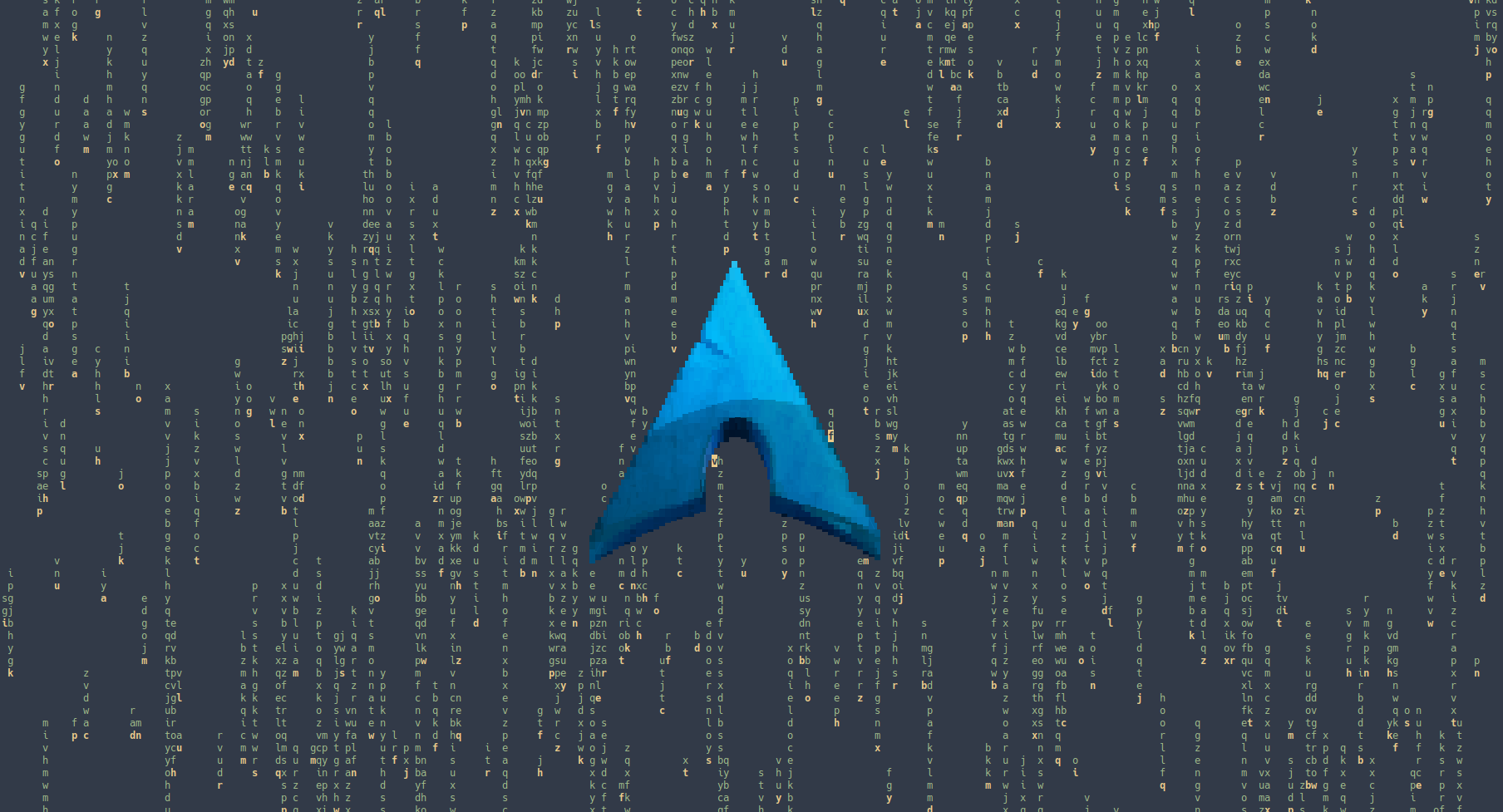Linux
48737 readers
944 users here now
From Wikipedia, the free encyclopedia
Linux is a family of open source Unix-like operating systems based on the Linux kernel, an operating system kernel first released on September 17, 1991 by Linus Torvalds. Linux is typically packaged in a Linux distribution (or distro for short).
Distributions include the Linux kernel and supporting system software and libraries, many of which are provided by the GNU Project. Many Linux distributions use the word "Linux" in their name, but the Free Software Foundation uses the name GNU/Linux to emphasize the importance of GNU software, causing some controversy.
Rules
- Posts must be relevant to operating systems running the Linux kernel. GNU/Linux or otherwise.
- No misinformation
- No NSFW content
- No hate speech, bigotry, etc
Related Communities
Community icon by Alpár-Etele Méder, licensed under CC BY 3.0
founded 5 years ago
MODERATORS
476
477
478
479
480
481
482
34
Has anyone achieved to install a virtual keyboard on Kubuntu 24.04 Wayland session?
(lemmy.kde.social)
483
484
485
486
487
488
489
490
491
492
117
Linux Support Continues For The Now-Canceled Snapdragon X Elite Dev Kit For Windows
(www.phoronix.com)
493
494
495
496
497
498
499
500


 Now I have more time to do actually important work, boo....
Now I have more time to do actually important work, boo....